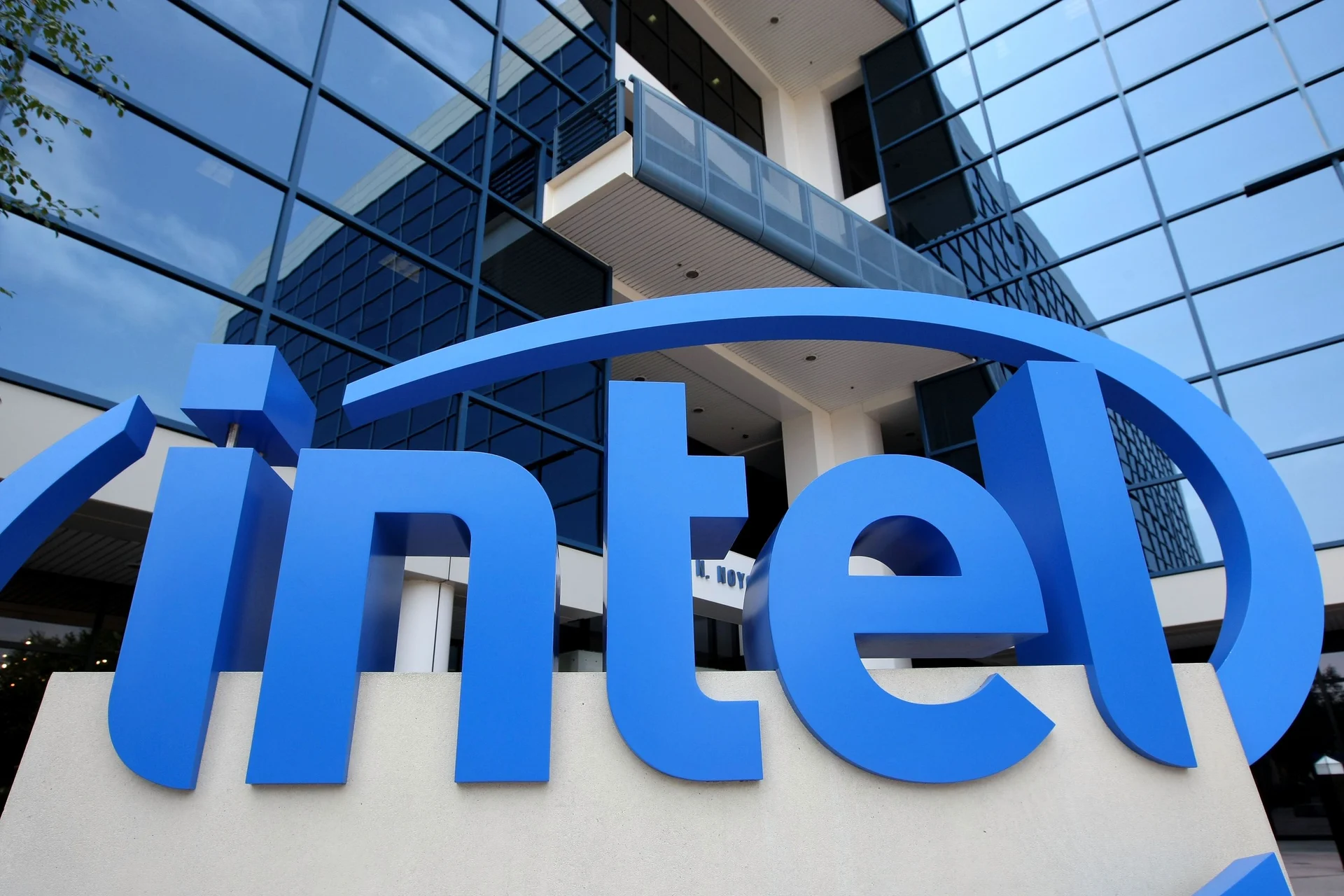US Government Weighs Strategic Stake in Intel
The United States government is reportedly considering a significant investment in Intel Corporation as part of its strategy to secure domestic semiconductor manufacturing and reduce dependence on foreign suppliers. This potential move comes amid growing global competition in advanced chip production, where companies like TSMC and Samsung have long held the lead.
The investment would align with broader efforts under the CHIPS and Science Act, which provides funding and incentives to rebuild America’s chipmaking capacity. By taking a direct stake in Intel, Washington could accelerate projects that have faced delays, notably the ambitious manufacturing hub planned for Ohio, designed to be one of the largest semiconductor facilities in the world.
Intel’s Ohio Plant: A Pillar for US Tech Independence
Intel’s planned mega-factory in Ohio is a critical element of the US’s long-term technology strategy. Once completed, it will be capable of producing cutting-edge semiconductors essential for artificial intelligence applications, high-performance computing, telecommunications infrastructure, and defense systems.
However, the project has encountered setbacks due to global supply chain disruptions, rising construction costs, and fierce competition from global rivals. A federal investment could help bridge funding gaps, ensuring the facility’s timely completion and positioning Intel as a cornerstone of America’s chipmaking future. The move would also support skilled job creation in the region, with thousands of engineering, manufacturing, and research roles expected once the facility becomes operational.
Such a facility would reduce the US’s vulnerability to external shocks in the semiconductor supply chain, an issue that became painfully clear during the global chip shortage of 2020–2022. By strengthening domestic production, the US could shield its industries from disruptions caused by geopolitical tensions or natural disasters affecting overseas manufacturers.
National Security and the Global Semiconductor Race
Beyond economic considerations, the semiconductor industry is deeply tied to national security. Advanced chips power critical military systems, secure communications, and next-generation defense technologies. A strong domestic manufacturing base ensures that sensitive technology does not rely on potentially adversarial supply chains.
The potential government stake in Intel would symbolize a deeper partnership between public policy and private enterprise, echoing models seen in other strategic industries like aerospace and defense. Critics may raise concerns about direct government involvement in a private company, but advocates argue that semiconductors are as essential to modern economies as energy or transportation infrastructure.
If approved, the deal could also prompt discussions about broader investments in the semiconductor ecosystem, including support for smaller US chipmakers, equipment manufacturers, and raw material suppliers. Strengthening the entire supply chain would make the US more resilient in the face of global market fluctuations. For a detailed look at federal initiatives in this space, visit the U.S. Department of Commerce’s semiconductor policy page.
A Competitive Edge for the Future
Securing Intel’s role in domestic chip production could help the US reclaim leadership in the semiconductor sector, where it has lost ground to global competitors over the past decade. While companies like Nvidia have surged ahead in AI chip development, Intel still possesses the manufacturing infrastructure and expertise needed to produce high-end semiconductors at scale.
By partnering directly with Intel, Washington would be betting on a long-term strategy: keeping critical technology production onshore, ensuring supply security, and positioning the US as a global leader in next-generation semiconductor innovation. This move could also inspire similar government-industry collaborations, paving the way for a more resilient and competitive American tech sector.







